
Anxiety disorder can make it hard to navigate life, but lately CBD has been touted as a natural treatment for the nerve-wracking condition. You can buy CBD almost anywhere — gas stations, spas, farmers markets and grocery stores. It comes in many forms — from gummies to tablets to tinctures to lozenges and patches. But is CBD good for anxiety? Here, experts share their thoughts on whether the evidence supports CBD for anxiety. What is CBD? According to Harvard Health, CBD is an active ingredient found in the marijuana plant. However, CBD is typically derived from marijuana’s cousin, the hemp plant. CBD is not psychoactive, so it will not cause the “high” that THC from marijuana does. It is not believed to be addictive by itself. The hemp plant is legal, so CBD derived from hemp is considered to be legal. CBD works by interacting with the body’s endocannabinoid (eCB) system. The endocannabinoid system acts as a neuromodulator for the body, Harvard Health says, and controls most neurotransmitter levels and activities. It also plays a role in the immune and gastrointestinal systems. Endocannabinoids and their receptors are found throughout the body. The eCB system integrates the perception of whether internal and external stimuli are stressful. CBD and anxiety According to the Anxiety and Depression Association of America, insufficient scientific evidence backs the claim that CBD… read on > read on >










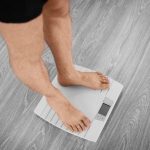

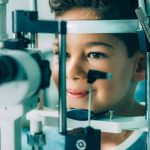
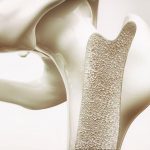

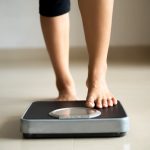
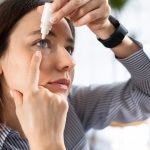







-300x200.jpg)













